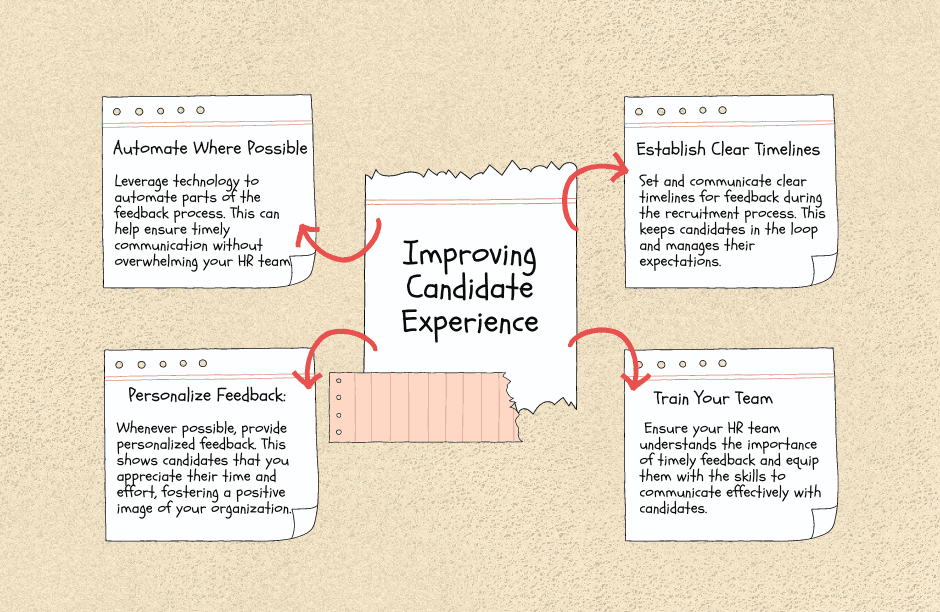Have you ever wondered what happens when we take too long to get back to candidates after their interviews? It might not seem like a big deal at first, but this delay can quietly impact your budget and drag out the hiring process longer than needed. Let’s talk about how these small delays can result in some hefty hidden costs and what we can do to steer clear of them.
Imagine the recruitment process as a stage production, where timing is everything. The longer it takes to move from auditions (interviews) to the final bow (hiring), the more expensive the production becomes. These extended cycles are not just about the frustration of waiting or the loss of potential talent; they carry with them substantial financial implications that can impact an organization’s budget in more ways than one might anticipate.
First, consider the direct costs: posting job ads for longer periods, utilizing more HR resources to manage the extended process, and potentially higher rates for recruitment agencies that are engaged for longer. Then, there are the indirect costs, like the loss of productivity when positions remain unfilled and the impact on team morale as roles stay vacant. Each day without a new hire is a day of lost potential revenue and innovation for the company.
When feedback from interviews trickles in slowly, the ripple effects on recruitment budgets can be significant. Delays often necessitate reallocating resources to keep the search alive, from additional advertising to extra hours spent by HR professionals and hiring managers in the recruitment process. This not only inflates the cost of hiring for each position but also diverts resources from other critical areas of the business.
Moreover, the longer a role is open, the higher the risk of salary inflation. As the search drags on, the market value of the role can increase, or candidates may command higher salaries due to the perceived desperation or urgency from the employer. This scenario forces companies to either stretch their budgets further or settle for less-than-ideal candidates, compromising the quality of hire for the sake of cost.
The key to avoiding these hidden costs lies in investing in efficient feedback processes. Streamlining the way feedback is collected and shared after interviews can significantly shorten the recruitment cycle, saving money and resources in the long run. Technology plays a pivotal role here, with tools and platforms available to facilitate faster communication between interviewers, hiring managers, and candidates.

But it’s not just about the tools; it’s about fostering a culture of promptness and accountability in the feedback process. Training interviewers to provide timely and constructive feedback can enhance the efficiency of the hiring process, reducing the time to hire and thereby lowering the associated costs.
Investing in these areas offers long-term financial gains that go beyond just cutting down the recruitment cycle. It leads to better candidate experiences, stronger employer branding, and ultimately, higher-quality hires. The return on investment manifests not only in reduced direct costs but also in the broader impact on productivity, employee engagement, and organizational growth.
The Cost of Time in Recruitment
The adage “time is money” holds particularly true in the world of recruitment. Delayed interviewer feedback, while seemingly a small part of the process, can have far-reaching financial implications for organizations. By understanding these hidden costs and investing in efficient feedback mechanisms, companies can not only streamline their hiring processes but also achieve significant financial savings and competitive advantages in the talent market.
Behind the scenes of every recruitment cycle are opportunities to optimize and improve. Unraveling the hidden costs of delayed feedback is a critical step in enhancing the financial health and operational efficiency of an organization. As we lift the curtain on these processes, we find that the key to success lies not in the grand gestures but in the timely, small steps that move the production forward.
